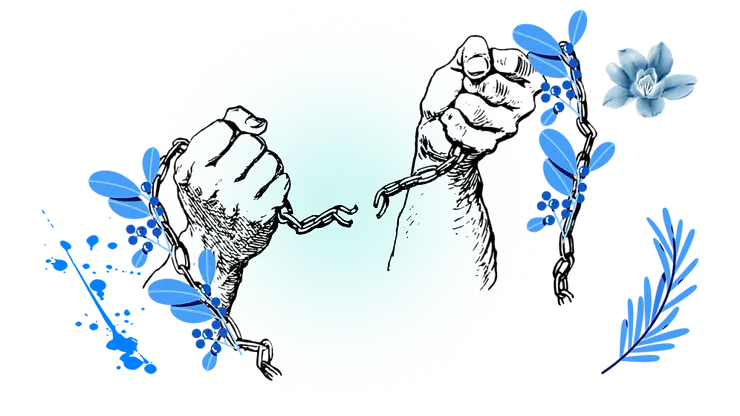World Day Against Human Trafficking: Joining Hands to End Modern Slavery
- phoebeboch
- Nov 16, 2023
- 2 min read

Human trafficking is a global crisis that knows no borders, affecting millions of individuals across the world. It is a modern-day form of slavery that strips individuals of their freedom, dignity, and basic human rights. To combat this grave issue, the international community has united to observe World Day Against Human Trafficking on July 30th annually. This day serves as a reminder of the urgent need to take collective action to eradicate human trafficking and support the victims who have endured unimaginable suffering.
Human Trafficking & The World Day Against Human Trafficking
Human trafficking encompasses various forms, including forced labour, sexual exploitation, and organ harvesting. It preys on vulnerable individuals, exploiting their desperation and lack of opportunities. Traffickers use deceit, coercion, and violence to trap their victims, making it challenging for them to escape their captors’ clutches.
According to the United Nations, an estimated 25 million people are trapped in modern slavery, making it one of the most significant human rights violations of our time.
The primary goal of World Day Against Human Trafficking is to raise awareness about this heinous crime and mobilize governments, organizations, and individuals to take concrete actions to combat it. It is a day to remember and honour the victims who have suffered and continue to suffer from human trafficking while also acknowledging the tireless efforts of advocates and law enforcement officers in their fight against this cruel practice.
On this day, events, seminars, and workshops are organized worldwide to educate communities about the signs of human trafficking and how to prevent it. Creating awareness is crucial as it helps people recognize and report suspicious activities, ultimately disrupting trafficking networks. Moreover, educational campaigns can debunk common misconceptions surrounding human trafficking and dispel stereotypes about its victims.
Empowering communities is another crucial aspect of fighting human trafficking. By providing support, resources, and opportunities to vulnerable populations, we can reduce the risk of exploitation. Empowerment initiatives may include job training programs, access to education, and safe spaces for at-risk individuals.
The World Day Against Human Trafficking also serves as a reminder of the importance of supporting survivors on their path to healing and recovery. Victims of human trafficking often suffer from physical and emotional trauma, and they need comprehensive support systems to reintegrate into society successfully. This support includes access to medical care, counselling, legal aid, and shelter.
In addition to supporting survivors, ensuring justice for the victims is vital in the fight against human trafficking. Countries must strengthen their legal frameworks to hold traffickers accountable and protect the rights of victims. Cooperation between law enforcement agencies on an international level is essential to dismantle trafficking networks and rescue victims from captivity.
Comments